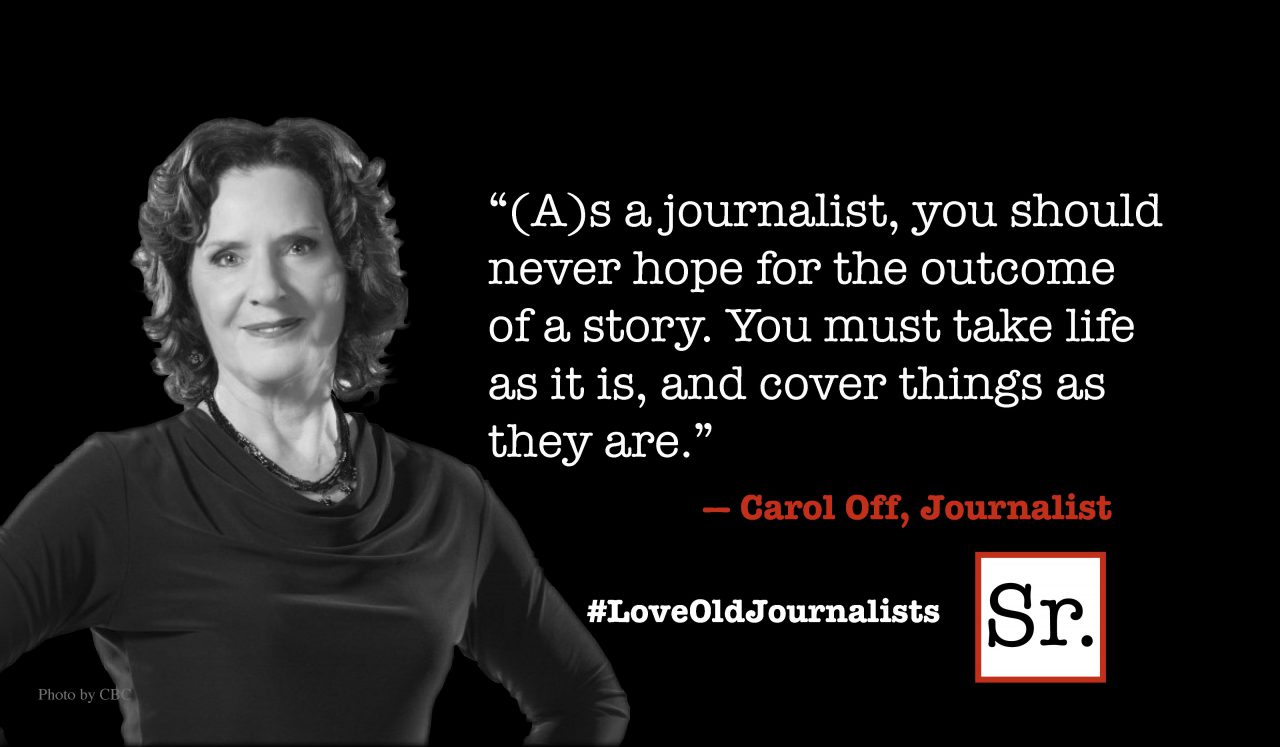Q: Our 8-year-old is scheduled to enter third grade at a public school this coming fall. Last year, he did very well; nonetheless, his second grade teacher was convinced he had ADHD. At a meeting with the principal, school psychologist, school social worker, and the head of the special education department, lots of pressure was put on us to have him tested and put on medication. When we pointed out that his grades were all very good to excellent, they pointed out that his standardized test results were just average. In our estimation, he’s self-motivated and responsible. We don’t feel that one test proves much of anything. Granted, he’s somewhat impulsive and disorganized, but we’ve chalked that up to just being a boy. We are considering homeschooling him and would like your advice.
A: First and foremost, there is no good science behind the diagnosis of ADHD. The claims that it is genetically transmitted and involves “biochemical imbalances” and brain differences have never been conclusively proven. After researching the subject for ten years, a nationally-known pediatrician and I wrote The Diseasing of America’s Children in which we expose the bad science and propose an alternative explanation that requires no intellectual leaps of faith. No ADHD spokesperson has ever mentioned the book publicly, which my co-author and I take to mean they have no rebuttal and don’t want to draw attention to it.
The scenario you describe is quite common. Public and private school educators have been generally persuaded by “experts” (through in-service workshops) that ADHD is a legitimate medical diagnosis. Their argument is that medical problems require medical interventions; therefore, the ubiquitous insistence that ADHD children require medication. To my knowledge, none of the medications in question have ever reliably outperformed placebos in clinical trials. Their necessity is highly suspect, in other words.
Then there’s the matter of testing a child to determine if he has ADHD. The plain fact is that none of the published diagnostic criteria depend upon test results. They refer to behavior, period. When I’ve pointed this out to professionals who administer such tests (the typical battery is very expensive), the standard response is that they do so in order to do proper treatment planning. That begs the question of why they almost always lead parents to believe that the tests are necessary for a diagnosis.
And yes, the diagnostic criteria are biased against boys, who tend to be much more impulsive, forgetful, and distractible than girls. If the hunt for ADHD boys had been in full swing in the 1950s, I am convinced that I would have been caught in the net.
The sad reality is that once a school decides that a child has ADHD, they rarely let it go, and parents who are “uncooperative” are not regarded well. Under the circumstances, I have often recommended homeschooling. That is not a “one-size-fits-all” recommendation, however, and obviously involves considerations over and above a school’s arbitrary decision that a child has ADHD.
In next week’s column, I will discuss homeschooling in greater depth. Stay tuned.









